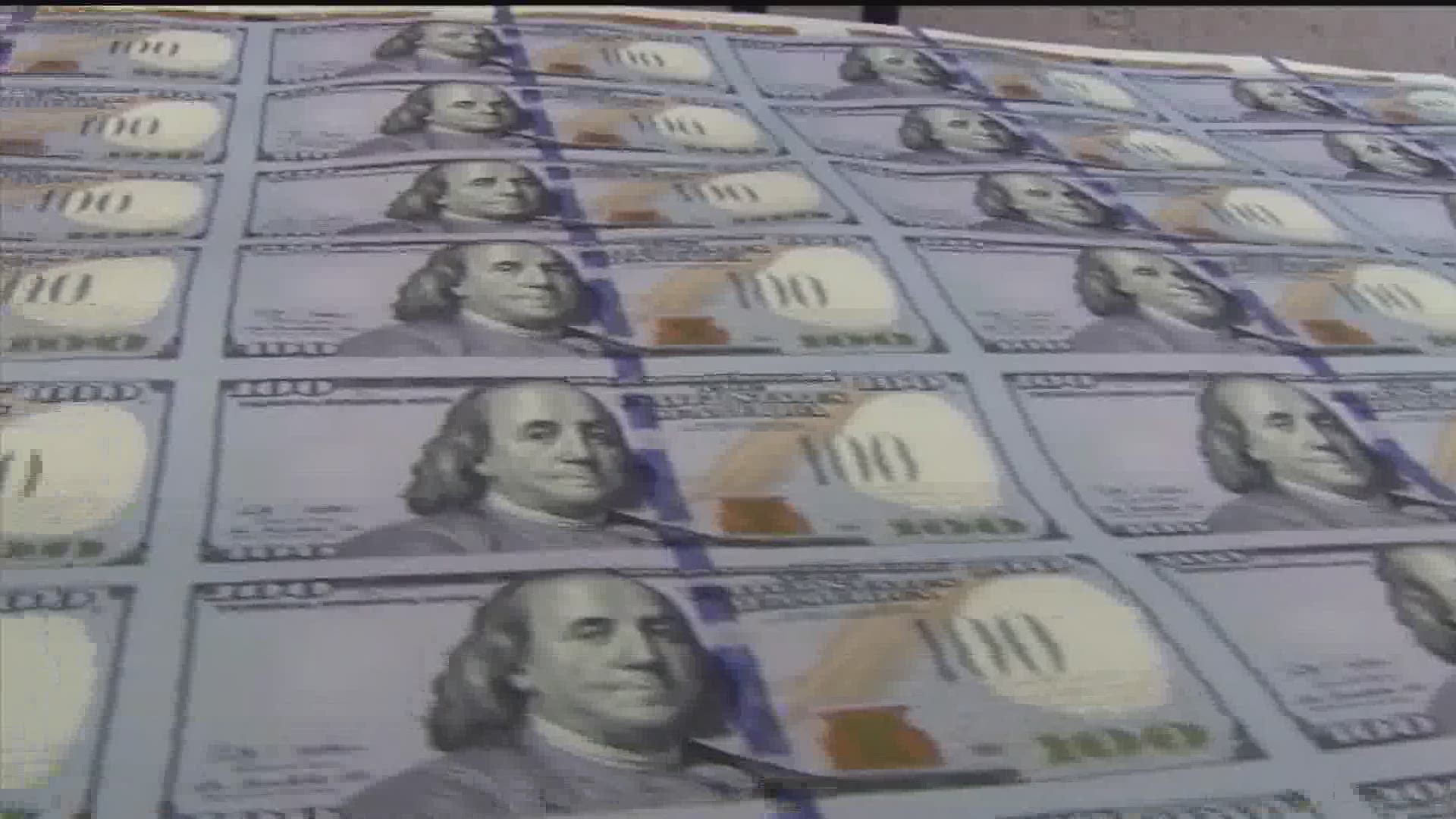Pennsylvania's State Senate approved a plan to direct $2.6 billion of federal CARES Act funding across the commonwealth. The proposal, which was signed off by Governor Tom Wolf, will siphon money appropriated by Congress to states, designed to help support people, businesses, organizations, and county governments in the wake of the COVID-19 pandemic.
Among the $2.6 billion in approved funds is $625 million going to 60 of Pennsylvania's 67 counties. The seven counties not included -- Allegheny, Berks, Chester, Delaware, Lancaster, Montgomery, and Philadelphia -- all have populations over 500,000 and received their money directly from the federal government.
In South Central Pennsylvania, local county governments will receive the following amount of money:
- Adams - $9.3 Million
- Cumberland - $22.9M
- Dauphin - $25.1M
- Franklin - $14M
- Juniata - $2.2M
- Lancaster - $95M
- Lebanon - $12.8M
- Mifflin - $4.1M
- Perry - $4.2M
- York - $40.1M
"This funding could not have come at a better time," said Dauphin County Commissioner Mike Pries. "Our businesses and organizations are in desperate need of funding. If this goes on much longer, some of them will have to shutter up and close their doors."
The commonwealth, under guidance from the federal government, has given counties suggested ways to use the money. Among them, covering increased costs due to COVID-19, helping small businesses, supporting regional tourism, giving aid to municipalities, funding mental health and alcohol addiction programs, providing aid to non-profits, and increasing broadband access.
York County President Commissioner Julie Wheeler admitted York County experienced significant vulnerabilities in its ability to virtually communicate during the stay-at-home order.
"There are areas in our community that don’t have access to broadband," Wheeler said. "That’s something we’re going to look at more in a technological standpoint."
Is the money enough, though, and was it fairly distributed?
State senators pro-rated the funding for each county based on population. However, while York County got $40.1 million from the state and has a population of nearly 450,000 people, Lancaster County received more than double -- $95 million from the federal government -- with a population over 545,000.
"I think we in York County worked just as hard to weather the storm as Lancaster County, so it would've been nice to get more" Wheeler said, "But I want to thank our friends in the state who helped get us what we got."
Pries said, "We'll make do with the money that's forthcoming. If we could disseminate that money right now, that money would go within 20 minutes in Dauphin County. There is great need out there from our small businesses and organizations. If we would put that money on the street today it would go very quickly."
You can view the entire breakdown of appropriated money on the Senate Bill 1108 fiscal note here.
- $692 million for long-term living services providers.
- $625 million for counties that did not receive a direct subsidy from the federal government.
- $260 million for providers of intellectual disability and autism services.
- $225 million to help Pennsylvania’s small businesses recover.
- $175 million to provide rent and mortgage assistance to low- and middle–income families impacted by the pandemic.
- $150 million to help school districts meet the challenges created by COVID-19 through school safety and security funding.
- $116 million for child-care services.
- $72.2 million to support higher education students.
- $50 million to support first responders.
- $40 million for agricultural and food insecurity programs.
- $28 million for community programs, including domestic violence programs ($10 million), homeless assistance ($10 million) and legal services ($8 million).
- $20 million for Cultural and Museum organizations.
- $9 million for early childhood education programs ($7 million for Pre-K Counts and $2 million for Head Start Supplemental Assistance).
Source: PASenateGOP.com

